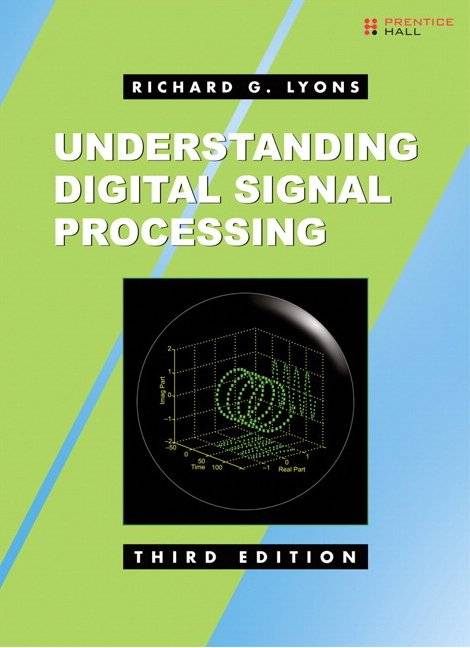A fully online course for those wanting to learn about Digital Signal Processing (DSP) or refresh their DSP knowledge.
Based on the classroom course, Digital Signal Processing (Theory and Application), this online course consists of weekly live online tutorials and also includes a software lab that can be run remotely.

The course provides a good understanding of DSP principles, and their implementation and equips you to put the ideas into practice and/or to tackle more advanced aspects of DSP.
The 'Hands-on' laboratory session is included to illustrate the taught material. The hands-on session uses specially written software running on PCs* to simulate signals and systems in both the time and frequency domains and work through illustrations of basic DSP functions.
All delegates will receive an e-book copy of the latest edition of Understanding Digital Signal Processing by Richard Lyons (Pearson Education).
* The software can run on Microsoft Windows, Apple OSX and Linux
Benefits
By completing this course, you should be able to understand the workings of the algorithms we explore in the course and how they can solve specific signal processing problems.
This course will provide you with a comprehensive grounding in DSP concepts and algorithms, plus practical information on the design and implementation of DSP systems.
You will be given a good understanding of DSP principles and their implementation and equips you to put the ideas into practice and/or to tackle more advanced aspects of DSP.
The theoretical knowledge is illustrated by application examples, by demonstrations and by work in the laboratory.
Code examples will be provided although no specific coding experience is required.
We keep class sizes small to ensure you receive the full benefits of the guided laboratory practice on this course.
Dates, Times and Delivery
Online tutorials are delivered via live video on Wednesdays each week and practical exercises are set to allow you to practice the theory during the week.
You will also have access to the course VLE (virtual learning environment) to communicate with other students, view and download course materials and tutor support is available throughout.
The live tutorials will be on Wednesdays from 13:00 - 14:30 and 15:00 - 16:30 (UK time) with a 30-minute break in between.
A world clock, and time zone converter can be found here: https://bit.ly/3bSPu6D
You should allow for 10 - 15 hours study time per week in addition to the weekly lessons and tutorials.
Accessing Your Online Course
Details about accessing the private Microsoft Teams course site will be emailed to you during the week prior to the course commencing.
Please get in touch if you have not received this information within three working days of the course start date.
